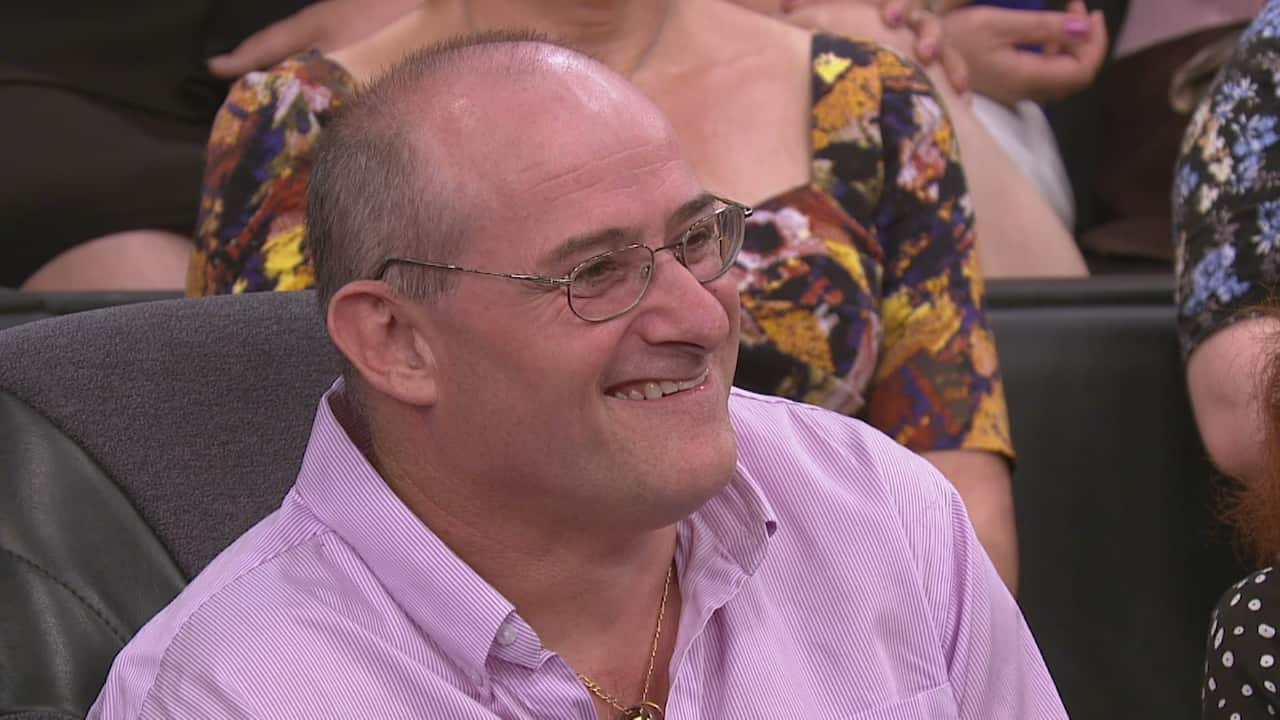So, here we go. We are coming out to the nation. Jenni and I have sex with other people. There! It’s done.
But, let's wind back three decades and place this in context.
It is my first job after leaving school. I’m at the Sydney-based Spastic Centre’s sheltered workshop. It seemed very large to a pimply faced 17 year-old fresh from one of the Centre’s two special schools. I found the morning tea and lunch breaks in the cafeteria particularly daunting when I was one of about 300 wheelchair users trying to be served and assisted to eat before the bell rings to return to the factory floor.
I had seen Jenni at our hostel over the years and she carried an air of importance, with her father being on the Board. I soon found her favourite table in the cafeteria. I would try to race to it each day hoping to sit next to her and, perhaps, share a support worker. The time spent together soon extended beyond the lunch table to include activities other than talking.
The mid-eighties saw a change in the national disability policies from large residential facilities to much smaller group homes spread throughout communities. I was among the first to be de-institutionalised. While Jenni and I weren’t housed together, she frequently visited.
After a long, long courtship, mostly by correspondence, we married on 1 December 1990 in the small university chapel at Armidale NSW, where I was fortunate enough to be accepted to study. Our Byron Bay honeymoon was so delightful that we returned the following year.

We moved to Canberra in search of employment after my degree and to work towards a second qualification. Together, Jenni and I had to survive a number of ‘homes’ that were less than ideal. One was at an Australian National University residence where the bedroom was so small we had to leave our wheelchairs in the public access hallway. In a later house the bedrooms were not even big enough to accommodate our bed, so we used the living room as a bedroom.
Notwithstanding these challenges, we were doing remarkably well with support from ACT Government funded home care services. That was until 1 September 2008 when Jenni over‑balanced transferring from the bed to her wheelchair. She landed awkwardly and broke bones in her left foot, which weren’t properly diagnosed or treated for several months.
This fall had long lasting consequences on Jenni’s health generally and on our sex lives. Her prolonged and mostly unsuccessful recovery resulted in Jen having further reduced mobility in and out of bed. It meant we had to take extreme care not to touch or bump her foot. We had been fully independent in bed but after the fall the effort involved became too much. We tried different toys and different positions without joy.
Two years after the fall we were at a point where we had to make a decision to either give up on enjoying sex or to investigate the possibility of allowing a third person into our bed.
We were way too young to stop having sex.
Sex is important in most long‑term relationships because it increases the pair‑bonding by releasing the ‘love hormone’ oxytocin. There is also scientific evidence to suggest that sex has a range of health benefits associated with our immunity, heart, blood pressure, reduced risk of prostate cancer, pain and stress relief.
In early 2011, we arranged for sex worker, Joanne, to begin working with us. With each visit we had to remind ourselves that she wasn’t there to make ‘love’ to us. Rather, in the same way that our support staff ensure that we remain in good physical health - by showering, feeding, and dressing us - Joanne helps us to maintain good sexual health.
Also in 2011, we successfully approached the ACT Government to extend the funding of our disability care support to cover these conjugal support services. In December 2015, the National Disability Insurance Scheme (NDIS) agreed that, in our situation, a modest allowance for conjugal support service would be reasonable and necessary.
Jenni and I still enjoy doing a lot of activities together. For instance, we work out at the Spastic Centre’s (now the ‘Cerebral Palsy Alliance’) Canberra gym, challenge each other at online Yahtzee, visit our favourite local café for morning coffees, and cuddle up in front of our favourite television shows and movies.
Doubtlessly, sex is critical to all marriages. Our love for one another and shared history means sex is important for our marriage too. And, just as with other activities, we just need the right support to make this part of our life happen.

David is a guest on Insight's show, Sex and Disability, which explores how people with a serious disability navigate sex. Catch up online now:
[videocard video="654469699656"]
Insight is Australia's leading forum for debate and powerful first-person stories offering a unique perspective on the way we live. Read more about Insight
Have a story or comment? Contact Us






